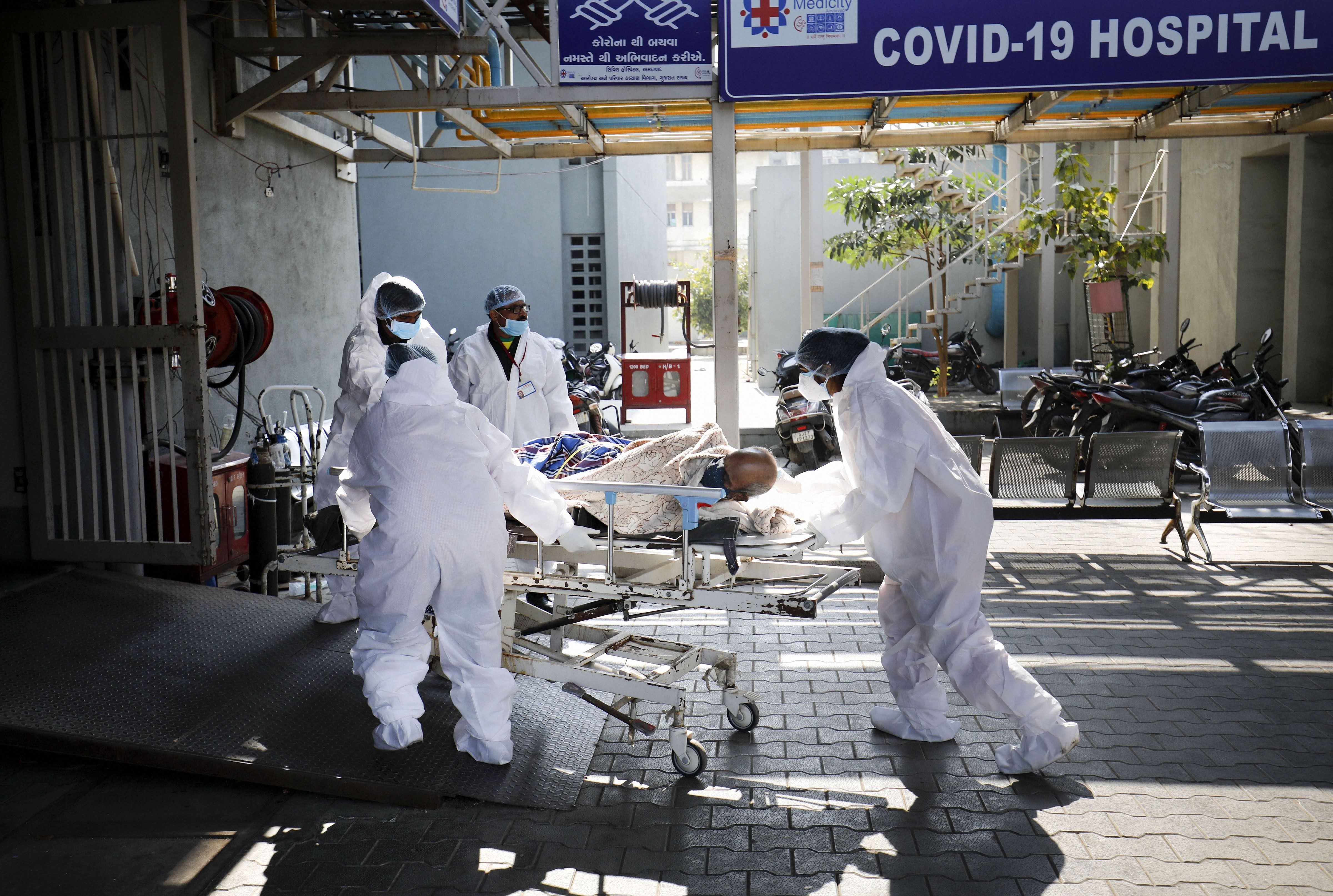Spread of Omicron and increased social mixing could lead to increased COVID cases in coming weeks: WHO
New Delhi: The World Health Organization (WHO) has said that the rapid spread of the Omicron variant, combined with increased social mixing, is expected to lead to an increase in new cases of coronavirus in the coming weeks. The WHO said it could also lead to a number of hospitalizations and an increase in the death rate. “Nevertheless, a combination of the increased and rapid spread of the Omicron variant, increased population movement and social mixing during and after the holiday season, and the challenges associated with continued compliance with public health measures (PHSM) is expected to lead to increased number of cases, hospitalizations and deaths in the coming weeks,” the WHO said.Read also – How to contain the third wave of Corona in India? COVID Panel Leader NK Arora Lists 3 Major Ways | Details here
The WHO has stated that the incidence of COVID-19 has increased globally, mainly due to transmission of the Delta variant, particularly in the European Region. He noted that a global decline has been observed for COVID-19 mortality since a peak in August 2021.
The Omicron variant has spread to countries in all six WHO regions, replacing the Delta variant in most countries for which data are available. He added that countries that saw a rapid increase in Omicron cases in November and December 2021 are starting to see a drop in cases.
The update adds that the Omicron variant has a substantial growth advantage over the Delta variant. This may be attributed to immune evasion, increased intrinsic transmissibility, efficient replication in the upper respiratory tract, or a combination of these factors, resulting in the infection or reinfection of a large portion of the population, even in countries with high levels of population immunity to previous diseases. infection and/or vaccination.
“Despite early data suggesting that the severity of infection associated with the Omicron variant is lower than that of Delta, the very large number of cases, including among healthcare workers, has resulted in a significant number of people requiring hospitalization, which puts a strain on health care systems,” he said.
As of December 29, 2021, some 8.6 billion doses of vaccine have been administered worldwide; 57% of the world’s population has received at least one dose and 47% have completed the primary vaccination.
The update noted that vaccine distribution remains uneven, with only 9% of people living in low-income countries having received at least one dose, compared to 66% in high-income countries.
Supply to low-income countries is expected to increase rapidly in 2022 thanks to COVAX and the African Vaccine Acquisition Trust (AVAT), but uptake remains a challenge, with countries struggling to manage unpredictable deliveries with short duration conservation. “Furthermore, vaccine hesitancy persists in a number of settings,” he said.
Globally, the number of new cases of COVID-19 increased over the past week (January 10-16, 2022), while the number of new deaths remained similar to that reported the previous week.
Across the six WHO regions, more than 18 million new cases were reported this week, a 20% increase from the previous week. More than 45,000 new deaths have also been reported. As of January 16, over 323 million confirmed cases and over 5.5 million deaths have been reported worldwide.
At the country level, the highest numbers of new cases were reported in the United States (4,688,466 new cases; similar to the previous week’s figures), France (2,012,943 new cases; a 26% increase ), India (1,594,160 new cases; a 150% increase), Italy (1,268,153 new cases; a 25% increase) and the United Kingdom (813,326 new cases; a 33% decrease). ), indicates the update.
Meanwhile, India recorded 2,82,970 new cases of COVID-19 on Wednesday, according to figures released by the Union Health Ministry.
(With PTI entries)


Comments are closed.